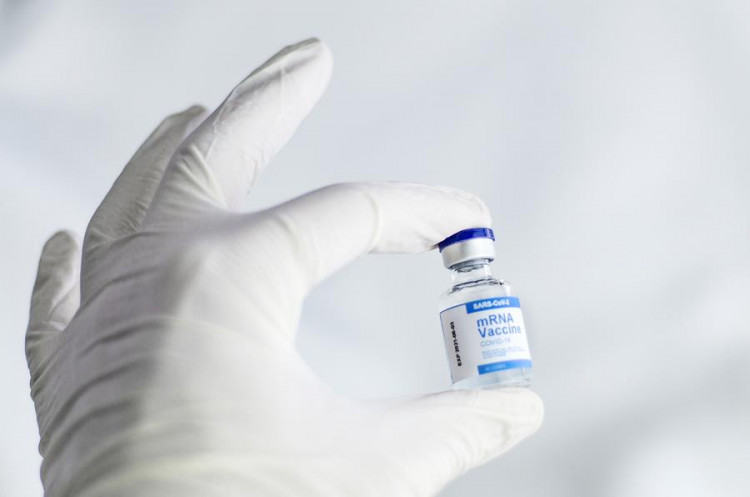The number of the world's COVID-19 infections topped 250 million on Monday, as some eastern European nations registered record outbreaks, even as the highly contagious Delta variant surge waned and many regions opened up their economies for trade and tourism.
Based on latest research, the daily average number of infections has dropped by 36% in the last three months, but the virus still sickens 50 million individuals every 90 days thanks to the highly transmissible Delta form.
The first 50 million COVID-19 cases, on the other hand, took nearly a year to document.
Health officials are hopeful that, because of immunizations and natural exposure, many countries have overcome the worst of the ongoing global health crisis, though they warn that colder weather and forthcoming holiday festivities may increase infections.
"We believe that between now and the end of 2022, we will have control over this virus... and we will be able to considerably reduce severe sickness and death," Maria Van Kerkhove, World Health Organization epidemiologist, said.
According to reports, infection rates are still climbing in 55 of 240 countries, with Greece, Russia, and Ukraine reporting near-record numbers of infections since the pandemic began two years ago.
Eastern Europe has some of the region's lowest vaccination rates. Based on data, Europe accounted for more than half of all new illnesses recorded worldwide, with a million new infections reported every four days.
As the country observes record deaths due to the sickness, several Russian regions announced this week that they may impose new restrictions or extend work closure.
Several world leaders have emphasized the importance of improving immunization programs all around the world, especially in the world's poorest countries.
More than half of the world's population has yet to receive a single dose of the COVID-19 vaccine, a proportion that lowers to less than 5% in low-income nations, the World Health Organization said.
Last month, the WHO and other humanitarian organizations urged leaders of the world's 20 largest nations to fund a $23.4 billion plan to send COVID-19 vaccines, testing, and medications to poorer countries within the next year.






